The Canadian Armed Forces is a shrinking tribe
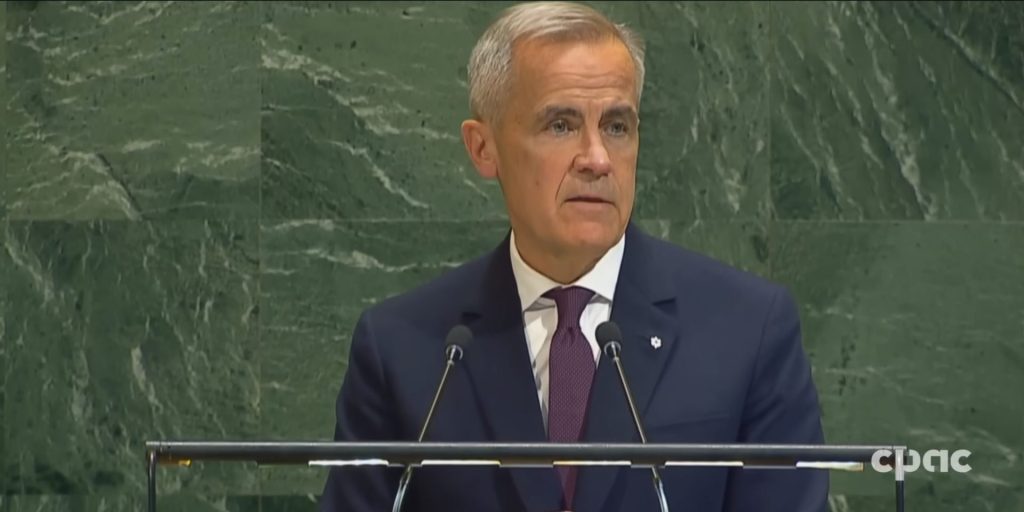
With only roughly one in 684 Canadians serving in the regular forces, thinking that the country could mount any meaningful deployment to either Ukraine or Gaza on short notice is reckless.
Canadian military colleges report offers honest approach to right the ship

In 1980, Kate Armstrong was one of 32 women who joined Royal Military College of Canada as cadets. ‘Most of us had to navigate the skepticism of superiors and fellow cadets alike. We were harassed, hazed, and tested over and over again.’
A thin façade of combat capability

If your military cupboard is hurting, you can’t throw a coat of fresh paint on a disabled tank and pretend all is good for the reviewing politician.
Latvia extension forges near-permanent Canadian Army presence in Europe, leaving limited ability to deploy elsewhere
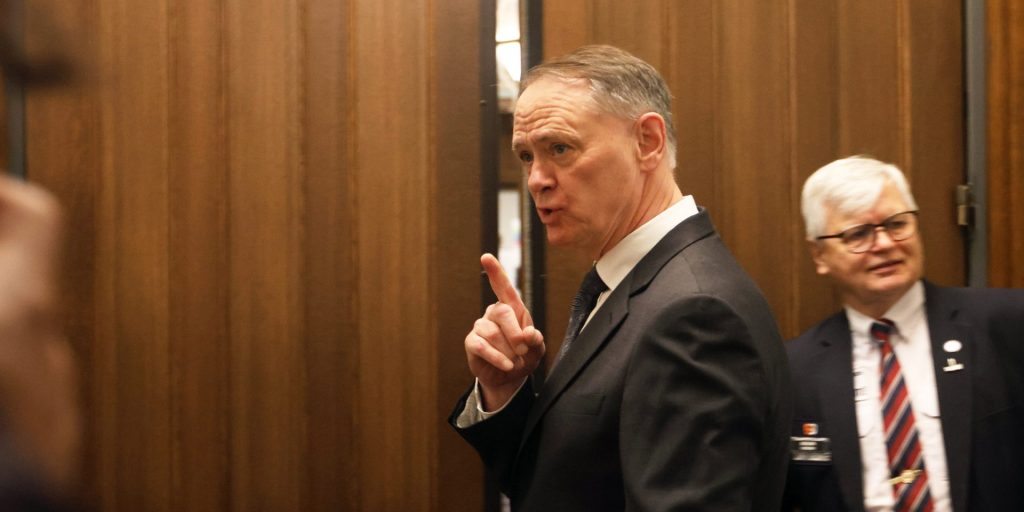
Canada last had a permanent military presence in Europe during the Cold War.
Are we offering human bait in Ukraine?
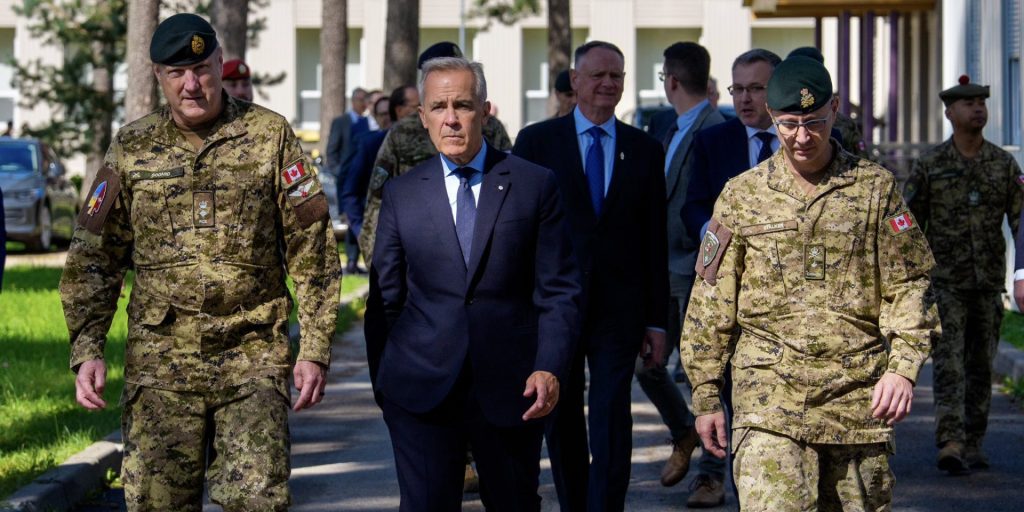
Canada would need to acquire modern battlefield necessities before it can send any soldiers into Ukraine.
Canada, Europe, and NATO: a renewed commitment to shared security
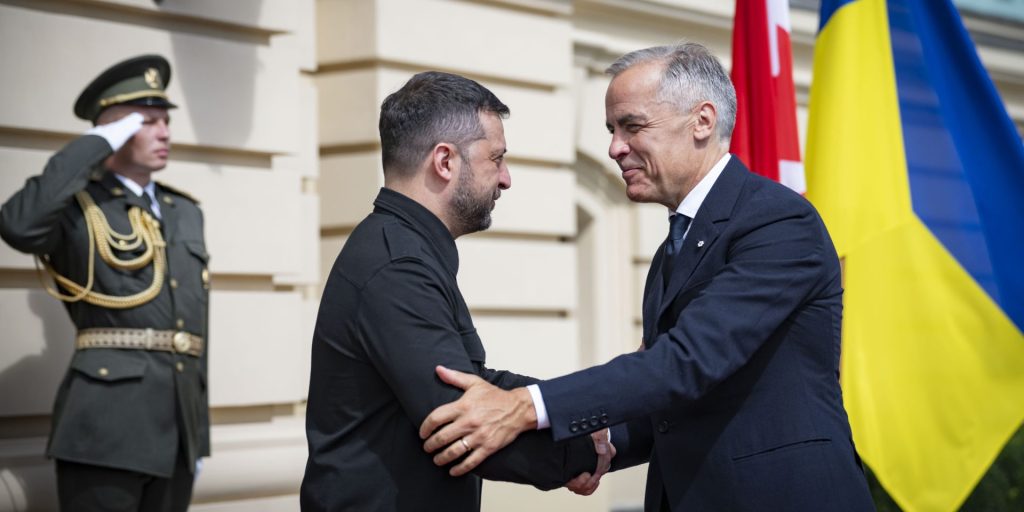
Whether it is supporting Ukraine, reinforcing NATO’s northern flank, or building the tools to defend sovereignty in the Arctic, Canada is showing it will lead by example.
‘Putting people first’: new Veterans Minister McKnight readies for fall as advocates push for change
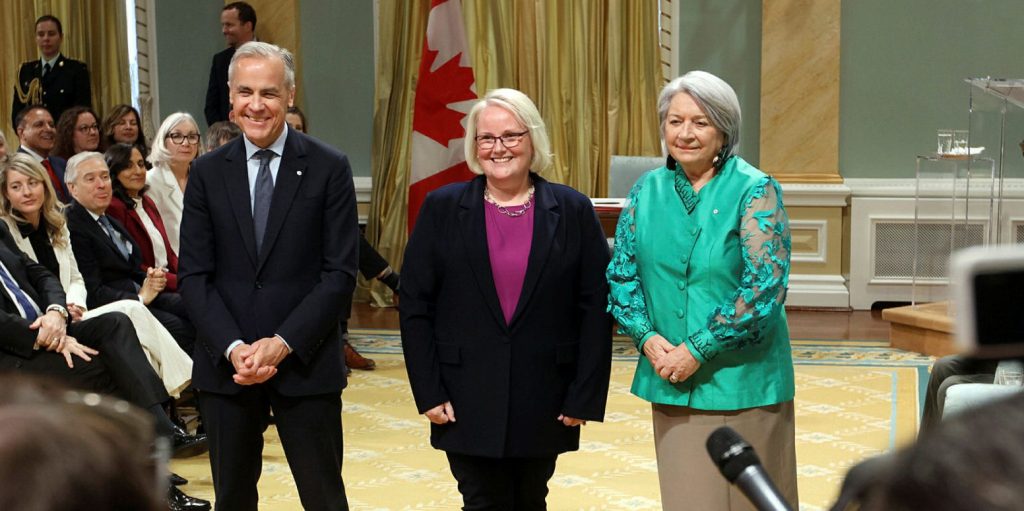
Veterans advocates and groups are urging for a new approach, and for action on long-standing calls for change to improve the lives of former servicemembers.
The hits keep coming for the CAF
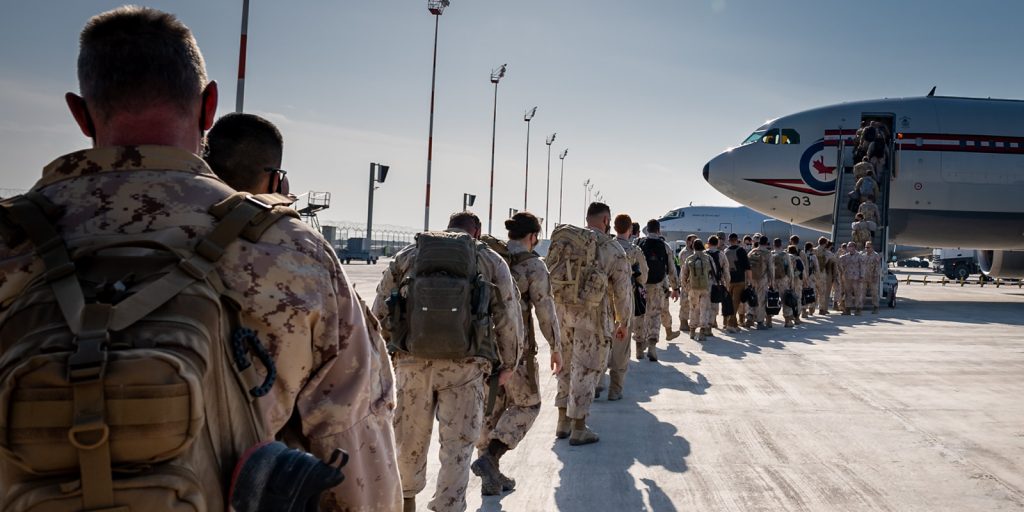
If soldiers do know what the Nazi salute symbolizes and do it anyway, then they have no business wearing a Canadian uniform.
A continuum of responsibility for Canada’s veterans
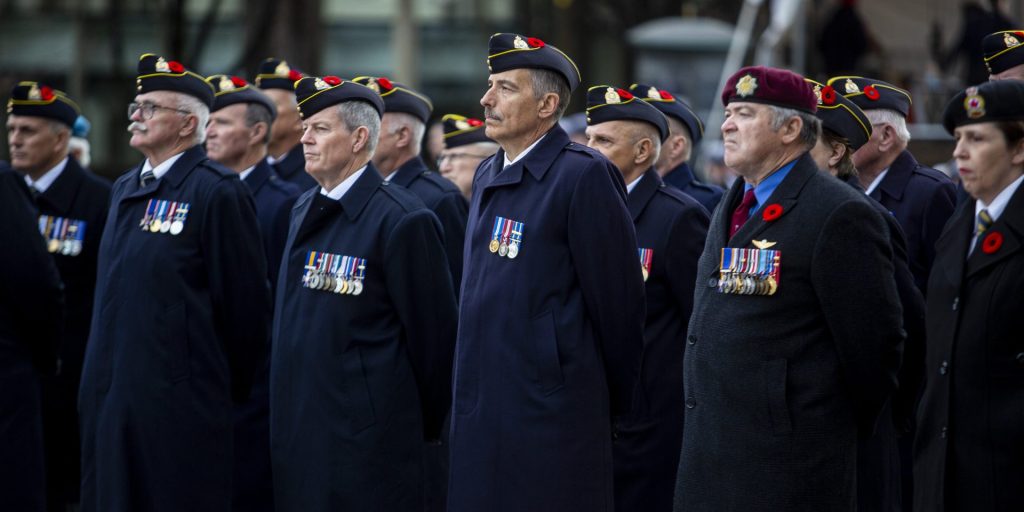
Supporting veterans and their families in every aspect of their transition to civilian life is both a moral duty and a strategic necessity.
The case for making national service mandatory
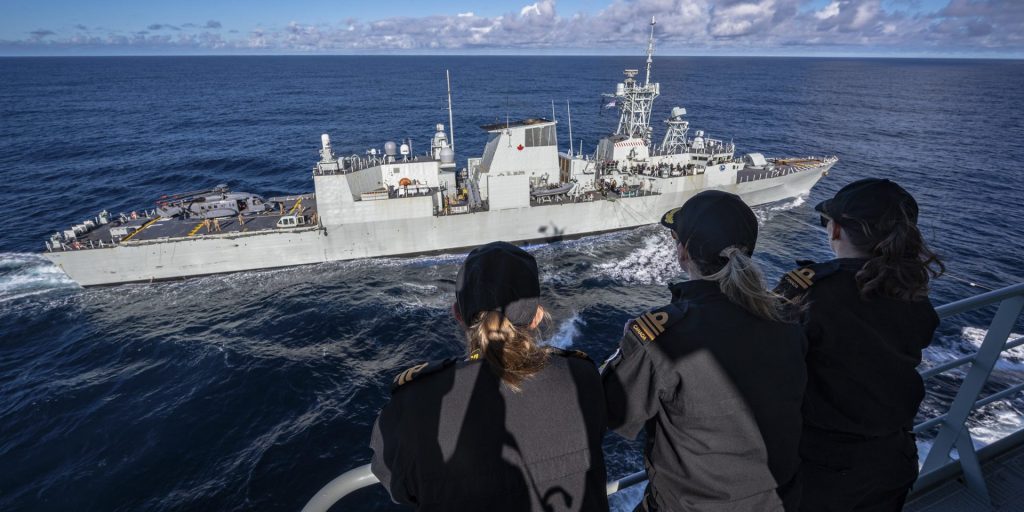
If one-year military engagements were part of a mandatory youth national service program, there would be a steady flow of new recruits for the floundering CAF.

